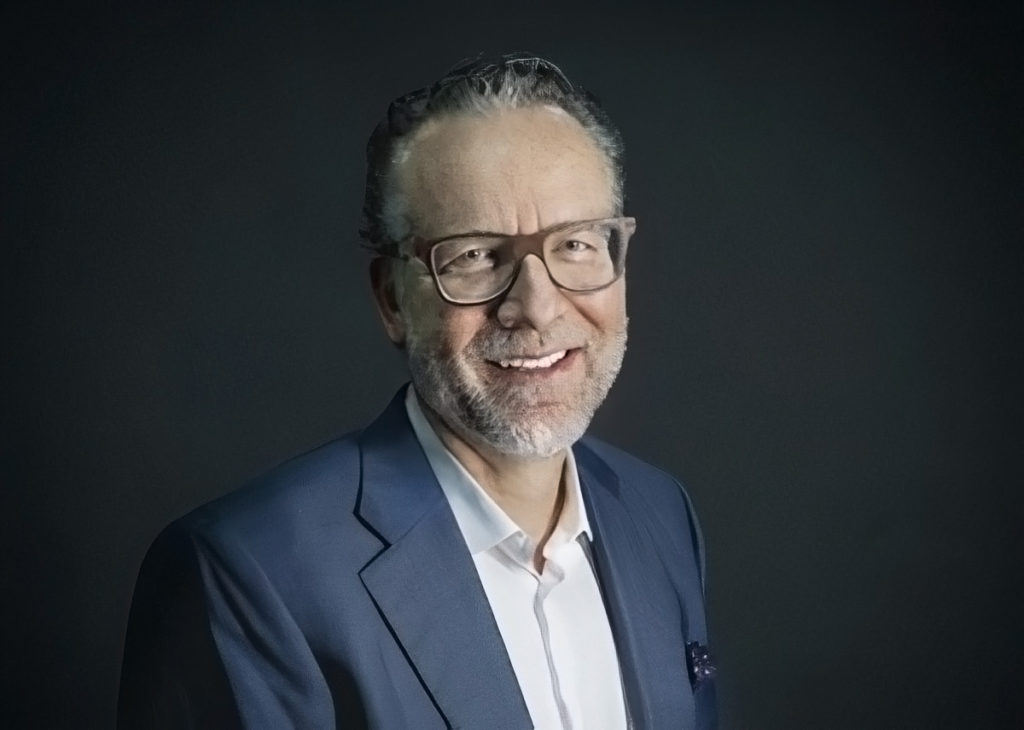Colombian cultivator Foliumed recently sent its first shipment to Australia. CEO Oliver Zugel explains what the development means for the local industry.
When Dutchmen Willem Janszoon became the first European to set foot in Australia in 1606, 10 of his sailors met a sticky end at the hands of the locals.
Having recently landed a medical cannabis shipment from our Colombian operation, we fortunately have been receiving a warmer welcome, although the subject of imports remains hotly debated in the Australian cannabis industry. Why is that?
Celebrating its fifth anniversary, remarkable progress has been made in the Australian medical cannabis industry in terms of regulation, patient access and awareness.
However, to fully unlock their potential, cannabis medicines need not only be efficacious and available, but also affordable.
At more than A$200 for a monthly dose and without insurance reimbursement, Australian patients pay more for their medicine than anyone in the world.
No wonder cannabis remains a niche treatment for the well-heeled who have no other alternative than to buy what’s on the market.

Imports, until now primarily from North America, have been a prevalent feature of the industry for some while and were considered by many a necessary evil until local cultivation and extraction infrastructure had been put in place.
With local capacity now established and the number of Australian producers on the rise, clearly the plan was for local production to gradually substitute more expensive imports and ensure a level playing field in terms of quality requirements for domestic and foreign producers alike. So what has changed ?
Over the last couple of months, several shipments have landed in Australia from FoliuMed and others who cultivate and extract cannabis in Colombia at less than 1/10th of the cost of producers in North American or Australia.
Until recently, though, none of the producers in low-cost countries had EU-GMP certification or TGA 93 compliance, which impeded their ability to access markets with pharmaceutical quality requirements like Australia, Germany or Brazil.
That has now been achieved, and a small number of exporters from Colombia have completed supplier quality audits with their customers.
No longer are imports a necessary evil, they are providing opportunities for Australian licensed producers to rethink their supply chain and consider outsourcing options for their cultivation and extraction operations.
For patients, the arrival of low-cost medical cannabis means that soon they will be able to buy their monthly dose for less than A$100.
That price level has been unheard of in Australia, and will pave the way for mass adoption when cannabis becomes available over the counter.
“No wonder cannabis remains a niche treatment for the well-heeled who have no other alternative than to buy what’s on the market.”
In this context, how will Australian producers react to what is likely to become the most significant disruption the industry has faced since its inception in 2016?
On the one hand, we are seeing early adopters already substituting parts of their local production with lower cost, imported ingredients which are then processed under Australian GMP in their own facilities.
This reduces their operating costs by more than 50% and eliminates expansion Capex, which can instead be deployed in more value-added, downstream activities like R&D, sales and distribution.
Others, who haven’t yet made multi-million investments in cultivation or extraction facilities, now have the option of ditching the traditional vertical integration model altogether and emerging as nimble, capital-light operators in a space where deep pockets have always been a prerequisite.
High-cost producers on the other hand, who already have large, established upstream assets, may choose to lobby regulators and politicians to keep the barbarians outside the gate, which is what has happened in Canada.
The question in Australian cannabis boardrooms will be whether to embrace the change, wait-and-see or oppose imports from low-cost countries.
Those decisions will not be taken overnight, as we have learned from other industries which have faced disruptive change.
Having said that, we think it is more likely that this new generation of low-cost producers will become friends rather than foes of the local industry… although that’s probably what Willem Janszoon thought when he first arrived in Northern Queensland.

